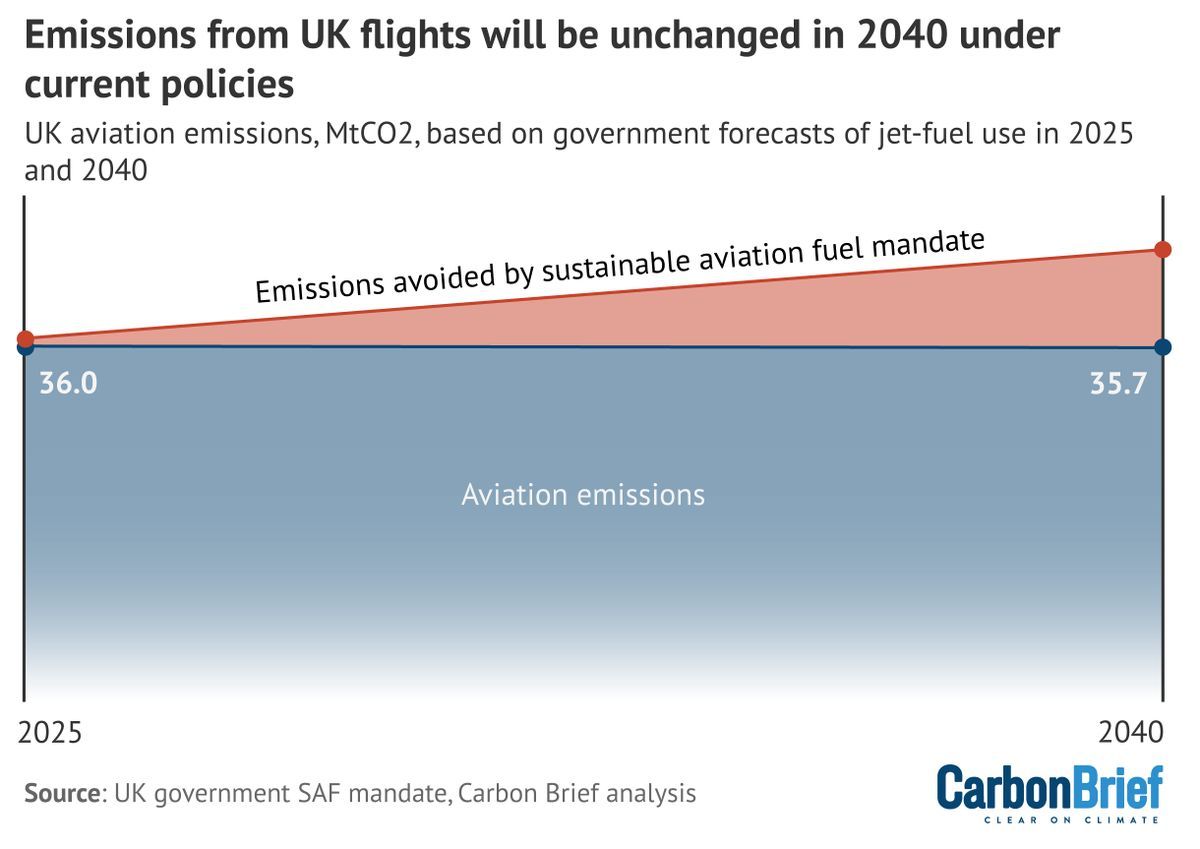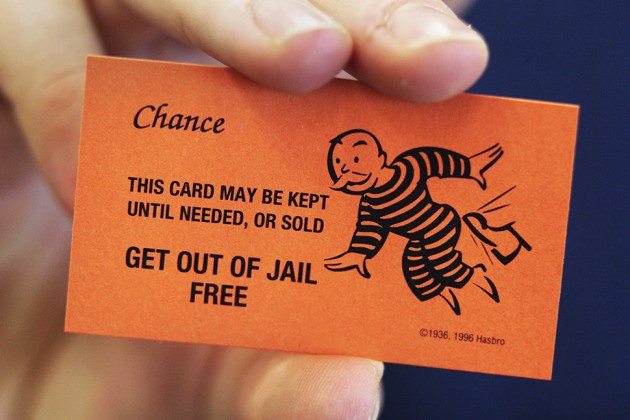UK SAF Mandate released
On the 25th April 2024, the UK Government released it’s ‘Sustainable Aviation Fuel’ (‘SAF’) Mandate that will set annual targets on aviation fuel suppliers to blend a proportion of alternative jet fuel into their conventional jet fuel supply.
The conditions of the mandate include:
- the overall “SAF” demand will be set at 2% of aviation fuel supplied in 2025, increasing to 10% in 2030 and 22% in 2040
- the hydroprocessed esters and fatty acids (HEFA) fuel production pathway (which converts waste oil and fat into jet fuel) will be allowed to contribute 100% of SAF demand in 2025 and 2026, decreasing to 71% in 2030 and 35% by 2040.
- a power to liquid (PtL) obligation will be introduced from 2028 at 0.2% of total jet fuel demand, increasing to 0.5% in 2030 and 3.5% in 2040
In the UK Government’s press release, they state that these are “ambitious but achievable targets” which put the UK “at the forefront of decarbonising air travel”. They also state that:
“This plan is part of our approach to ensure that the rationing of flights through ‘demand management’ is ruled out.”
This optimistic vision of “sustainable” fuels sounds fantastic for our industry: these fuels will reduce aviation emissions, we can continue with business-as-usual air traffic growth, brush aside any suggestions about limiting flights, we can create lots of new jobs, and all of this can be done without increasing the cost of air travel.
This all sounds very appealing if you’re an aviation worker. What’s not to like?
Safe Landing Response
Our community has broad concerns with the emphasis that our industry places on so-called ‘SAF’ as the main lever for reducing aviation’s climate impact.
We prefer to avoid using the term ‘Sustainable Aviation Fuel’ or ‘SAF’ as it implies that any such fuel is by definition ‘sustainable’. We prefer to use the term ‘Alternative Jet Fuel’ instead to refer to any drop-in alternative to conventional jet fuel. We believe this neutral wording does a better job at representing the reality of jet fuel technological developments. Read our community position on ‘SAF’ here.
We’re concerned that announcements related to Alternative Jet Fuels are also a convenient distraction for industry leaders to avoid talk about dealing with fossil jet fuel and the need to address industry growth and demand management in the near-term. If we want to be able to fly at all in the future, we will need to address these issues immediately.
We urgently need policies specifically targeting a reduction in fossil jet fuel use, such as aviation carbon budgets and higher pricing of aviation emissions.
Rather than have an honest discussion about those policies, this ‘SAF’ mandate seems to allow fossil jet fuel use to continue to grow, while permitting airlines to use the cheapest, least scalable alternative jet fuel in large quantities. This appears to have been done cynically to keep air travel costs artificially cheap, for as long as possible, in order to avoid difficult conversations about air traffic growth and airport expansion.
A distraction from fossil fuels
Global warming is caused by burning fossil fuels and emitting additional carbon to the atmosphere.
Alternative jet fuels may provide lower lifecycle emissions than fossil jet fuel, but as outlined in our ‘SAF’ position they are resource-intensive and still have both social and environmental impacts.
As can be seen from the UK ‘SAF’ Mandate, it’s still expected that the majority of jet fuel burned in 2040 will be fossil jet fuel:

The most obvious thing to point out, is that even if the UK reaches it’s target of e.g. 10% alternative jet fuels by 2030, then fossil jet fuel use may not decline if overall jet fuel use grows over the same period due to air traffic growth.
As an example, UK aviation used about 12 million tonnes of conventional jet fuel in 2019. If by 2030 this increases to 14 million tonnes, then even with 10% alternative jet fuel (1.4 million tonnes) in 2030, 12.6 million tonnes of jet fuel will still be burned and carbon emissions will have increased. This is before accounting for the emissions associated with the alternative jet fuel, which may only reduce emissions by 40% relative to fossil jet fuel in order to qualify under the mandate (see page 73).
Carbon Brief also pointed out this issue in a recent article on the UK SAF Mandate:

This emphasises the need to policies targeting fossil fuel, regardless of “SAF” scale-up.
A dangerous focus on HEFA
The ‘hydro-processed esters and fatty acids’ (‘HEFA’) fuel production pathway converts waste oil and fat into jet fuel.
It is the only type of alternative jet fuel currently produced at commercial scale.
However, there are severe limits to its scalability due to the limited supply of used cooking oil and animal fat feedstocks.
Previous assessments of feedstock constraints have identified that there is only enough supply for about 2% of current jet fuel demand in the EU, and increasing beyond this level will likely lead to diversion of existing feedstock supply from road transport biodiesel. Furthermore, the UK already imports most of it’s used cooking oil from South East Asia (China and Malaysia) and increasing demand for this feedstock is likely to drive issues of potential fraud and use of virgin palm oil in supply chains – increasing deforestation.
Even with a completely fraud-free supply chain, it clearly does not make environmental sense to ship used cooking oil half way around the globe to use in UK aviation, when airports also exist in South East Asia:

An over-reliance on HEFA also diverts focus, time, money and technological development away from other more scalable fuel pathways.
Despite this, the UK ‘SAF’ Mandate allows a majority of alternative jet fuel to be supplied from the HEFA fuel pathway for most of the next decade (image adapted from Figure 16 on page 44):

Given that the UK imports the majority of it’s used cooking oil already, this also begs the question over what will happen if the origin countries reduce their exports, and competition from aviation / road transport fuels in other countries competes for the same feedstock? This feels like an almost certainty, and would put the UK ‘SAF’ targets at severe risk.
This is why we believe that the HEFA cap is dangerously high. In our response to the original consultations we identified this risk and recommended that waste oil/fat is prioritised for biodiesel production, with relatively small quantities of ‘HEFA’ aviation biofuel co-produced during this process, and that fuel supply chains should be minimised in order to reduce transport emissions of the feedstock and fuel. This will mean primarily utilising domestic feedstock supplies.
A lack of focus on the most scalable fuels
In contrast, the more scalable fuels such as ‘Power-to-Liquid’ (PtL) electro-fuels (e-fuels) or advanced biofuels from more sustainable biomass waste will make up a relatively small amount of the alternative jet fuel supply under the mandate across the next decade.
The risk here is that the more scalable fuel pathways and processes are not deployed and in ten years’ time these technologies will remain nascent, with low commercialisation and development levels.
In the UK Government’s press release, they claim that:
“The plans are good for aviation, the environment and for the UK overall with the SAF industry estimated to add over £1.8 billion to the economy and create over 10,000 jobs across the country.“
However, from a worker perspective, the promise of jobs at new facilities may then evaporate if most of those jobs were at HEFA facilities which run out of feedstock, while other countries take the lead on the more scalable fuel facilities and end up with all the jobs in the long-run.
Misleading on cost
The focus on HEFA, which is the cheapest alternative fuel, no doubt feeds into the UK Government’s statements about the price of flying remaining relatively unaffected for consumers and air travellers.
In the UK Government’s press release, despite acknowledging that these alternative jet fuels will be “more expensive than traditional jet fuel“, they make some interesting promises that:
“we’re ensuring decarbonisation doesn’t come at the expense of consumers. […] we take a pragmatic and proportionate approach which minimises unnecessary burdens on the public.”
This appears wilfully misleading though, as analysts predict that alternative jet fuel will remain up to four times higher than conventional jet fuel, even by 2050.
Even HEFA may ramp-up in cost due to supply vs. demand dynamics if the UK aviation industry starts competing with other countries and sectors for the same feedstock which is in limited supply.
We need to come clean about these costs, and begin preparing for them, rather than attempt to remain in denial.
Get out of jail free card
The UK Government’s press release also contains a revealing strategy:
“The plan includes a review mechanism to help manage prices and minimise the impact on ticket fares for passengers. The government also has the power to change key limits within the mandate to block higher price rises in the case of SAF shortages – keeping the impact on consumers to a minimum.”
This suggests that the targets are likely to be revised down at a later point if there are issues supplying fuel feedstocks, or if fuel costs rise substantially – both of which feel almost inevitable.
We have to ask: if such changes are permitted within a mandate, then is it really a mandate at all? And can it seriously be used to guarantee that we deliver the necessary emissions reductions? Or will it provide our industry with another means of setting yet more targets which we go on to miss?


